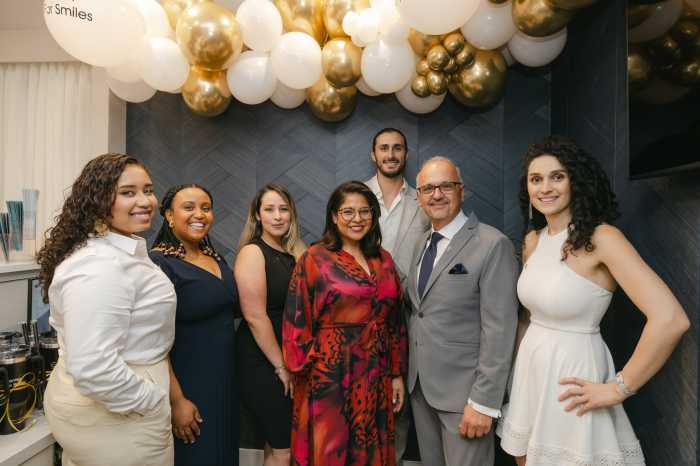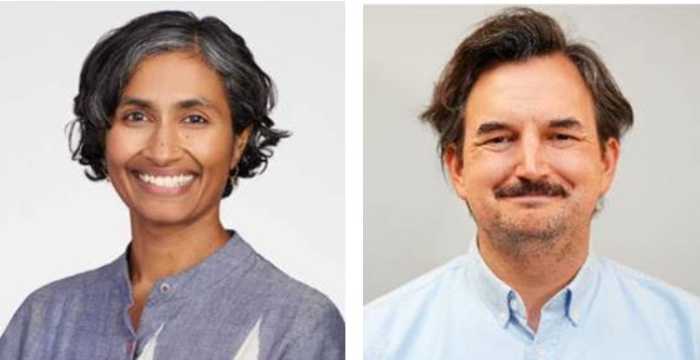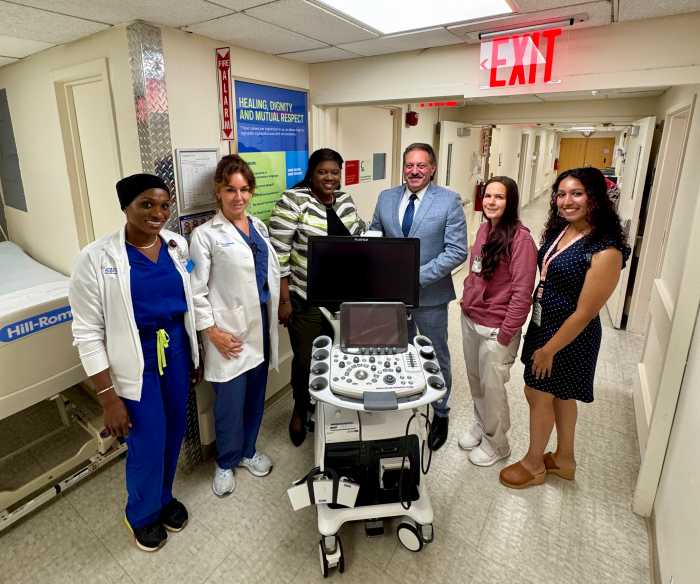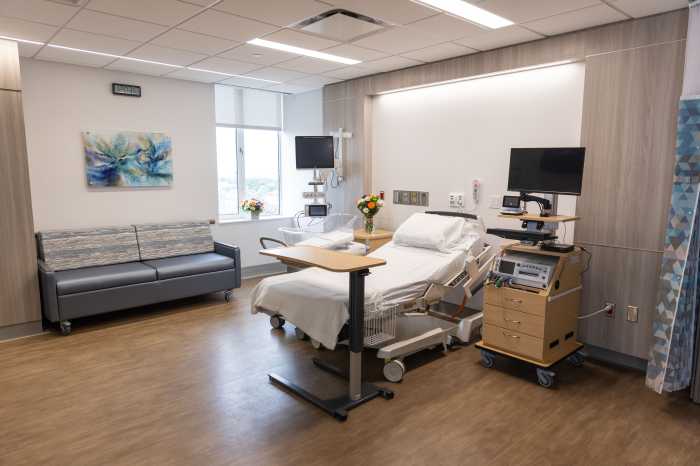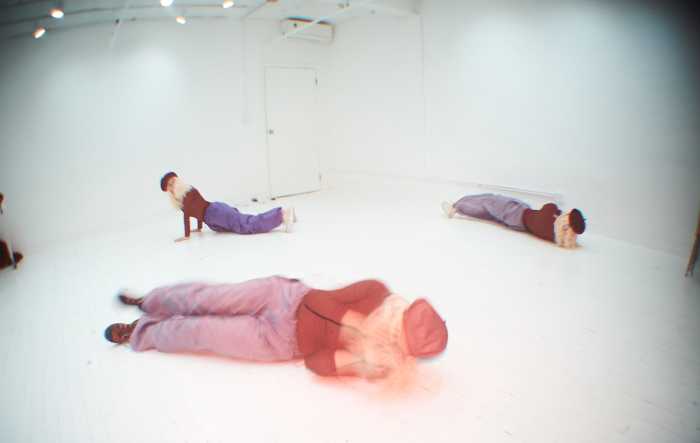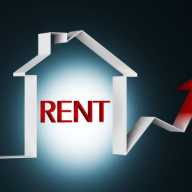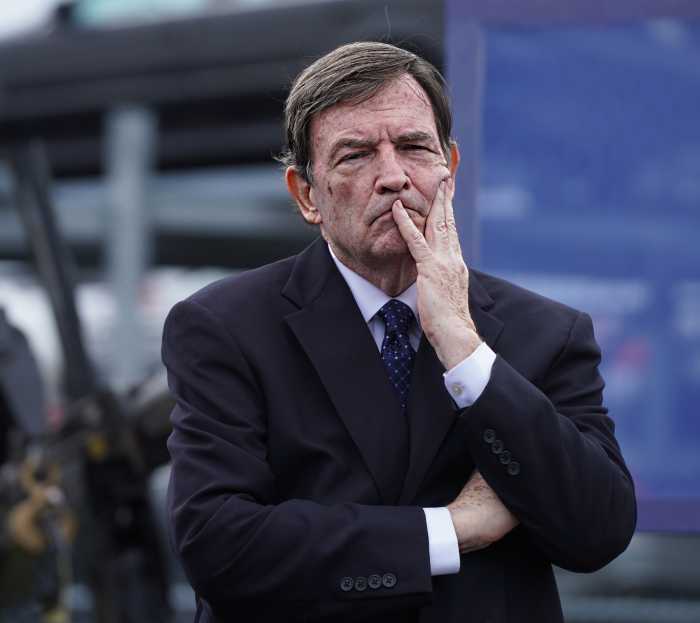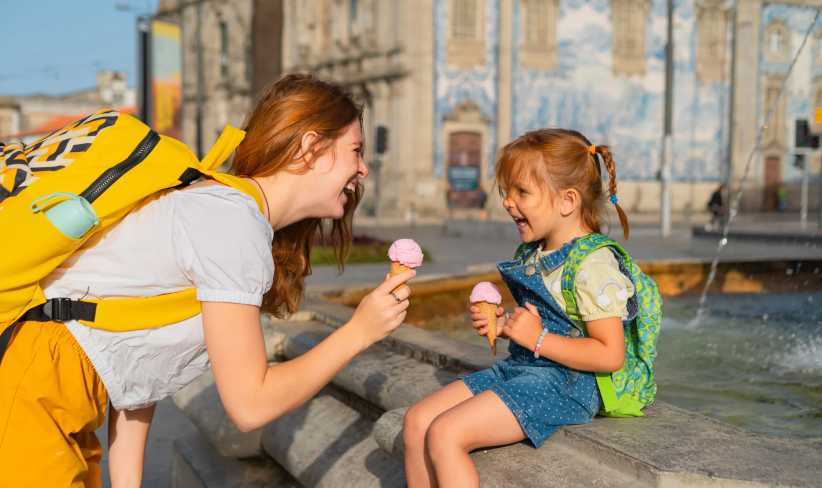The city is vowing to increase its COVID-19 vaccination efforts in a number of Queens neighborhoods after demographic data showed that Black and Latino residents are receiving inoculations at much lower rates compared to their overall percentage of the population.
“Lives are on the line and we must ensure we do everything humanly possible to address these disparities and find solutions,” Queens Borough President Donovan Richards said. “Every Queens resident, from our elected leaders and public health officials to each of us in our capacity as loved ones, friends and neighbors, have a critical role to play in saving lives and building our borough back better than ever.”
Mayor Bill de Blasio announced a new task force that will broaden its outreach and education to address vaccine hesitancy, prioritize appointments and add vaccine distribution sites in South Ozone Park, Richmond Hill, Jamaica, Elmhurst, Corona, Rockaway, Jackson Heights, Kew Gardens and other neighborhoods where the vaccination efforts have been inconsistent.
Statistics showed that out of more than 800,000 total doses administered citywide, approximately 48 percent have been administered to white residents, while while people only make up about a third of city residents. Meanwhile, just 15 percent of vaccine recipients have been Latino and 11 percent Black, despite Latino and Black residents accounting for 29 percent and 25 percent of the city’s population, respectively.
“We understand that overcoming historical mistrust of scientific and medical institutions on the part of communities of color is not an easy goal to achieve, but the deep disparities revealed in the city’s COVID-19 vaccination database are not just unacceptable — they are potentially fatal,” Richards said. “To guarantee an equitable recovery and rebuild from this pandemic for our historically underserved communities, it is imperative that we involve each and every trusted community-based organization in a truly all-hands-on-deck vaccination effort. That includes community vaccination hubs in neighborhoods of color hardest hit by COVID-19, tireless multilingual grassroots outreach campaigns, and so much more.”
Days before the disparity data was revealed, southeast Queens Councilman I. Daneek Miller introduced a resolution in response to concerns about vaccine distribution and racial equity.
“For those who did not hear us before, we’ll say it louder this time: We must ensure that communities of color, frontline workers, and those that put themselves on the line during this deadly pandemic have equitable access to the COVID-19 vaccine,” Miller said. “That means creating a more transparent and equitable vaccination process which is what we’re calling for. We know which communities lack access to health care, we saw how testing was rolled out in 2020 and, once data related to COVID-19 was made public last year, the world understood the devastation this virus had inflicted in communities of color. We will not allow Blacks, Latinos and Asians to be left behind again, and we will do all we can to make sure the deliveries of the vaccine are equitable.”
Southeast Queens Councilwoman Adrienne Adams, the co-chair of the Council’s Black, Latino, and Asian Caucus (BLAC), is a co-sponsor of the bill.
“It is imperative that we ensure equity is built into COVID-19 vaccination distribution to save lives,” Adams said. “Widespread distribution of the COVID-19 vaccine, especially to the communities that are most impacted, will be a critical element in containing the pandemic and resuming normal economic, social and educational activities.”
Councilman Francisco Moya, who represents Elmhurst and Corona, where he is a lifelong resident and currently represents, pledged his support for Miller’s resolution.
“We cannot combat this pandemic if we are not truly prioritizing the communities most impacted by COVID-19,” Moya said. “These are Latino, Black and immigrant communities, families in multigenerational homes, seniors most at risk, and the workers that kept our city running. We need more expeditious, equitable and accessible rollout of the vaccine to protect the communities that have suffered the worst of this crisis. Our families are counting on us to act fast and responsibly to stop new infections and hospitalizations. With the one-year anniversary of the COVID-19 pandemic and new variants of the virus emerging in the U.S., we are in a race against the clock to save lives.”


